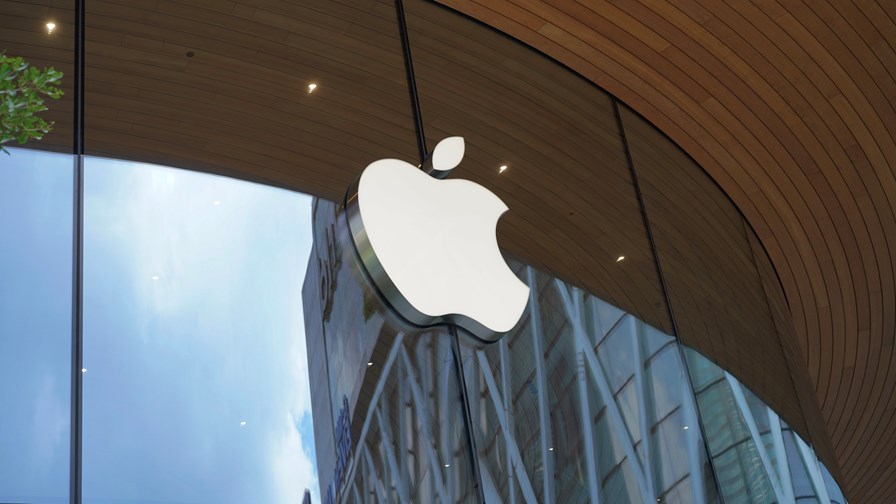
- Industry minister Agus Gumiwang Kartasasmita derails negotiations with Apple and keeps the iPhone 16 sales ban imposed last October
- Minister not swayed by $1bn investment offer from Cupertino giant, including a new manufacturing facility
- Ongoing breaches of domestic component quotas for smartphones and tablets is the key sticking point for Kartasasmita
Apple’s attempts to lift an iPhone 16 sales ban in Indonesia have suffered a setback: Despite dangling a carrot of $1bn investment in the sprawling archipelago, including a manufacturing facility on the island of Batam, the months-long ban remains.
Nick Amman, Apple’s vice president of global affairs who was tasked with leading a delegation of Apple execs to negotiate a way out of the impasse, packed his bags and left Jakarta after two days of talks with nothing to show for his efforts (although other members of his team are apparently still there to soldier on), according to Bloomberg.
Adding insult to injury, the Indonesian government has raised the spectre of imposing (unspecified) sanctions on the Cupertino giant.
Last October, Indonesia imposed the iPhone 16 sale ban on the grounds that Apple was not complying with manufacturing rules introduced in 2017 for so-called ‘HKT’ products (smartphones and tablets) – namely that these devices, if sold domestically, should comprise at least 35% locally made components. Rival smartphone makers Samsung and Xiaomi have already set up factories in Indonesia to comply with local content requirements
The ban spurred Apple last month to table its $1bn investment offer to build a plant making AirTags (device trackers), slated to be operational by 2026, as well as fund local academies to teach students tech skills. Foreign firms can also boost local content through the sourcing of materials and workers from Indonesia, and investing in app developer academies.
Indonesia’s new president, Prabowo Subianto, was reportedly keen on Apple’s offer and instructed his cabinet ministers to accept it.
In negotiations this week with Apple, however, a government technical team taking guidance from Indonesia’s industry minister Agus Gumiwang Kartasasmita – and in clear defiance of Subianto – held firm on keeping the ban in place, citing ongoing breaches of domestic manufacturing rules.
Moreover, Kartasasmita stressed that AirTags were not ‘components’ but accessories, and that a new local plant manufacturing them would not make a dent in the local content quota for HKT products anyway. As industry minister, monitoring content requirements is part of Kartasasmita’s brief.
“Apple needs to negotiate with us so that we can issue a [local content] certificate,” he said at a press briefing, as reported by local media. He added, no doubt in an attempt to give Indonesia more muscle in future negotiations, that Apple could be slapped with sanctions if it kept on breaking local investment rules, but only as a last resort. “We will look for other ways or options,” asserted Kartasasmita, indicating that the government had already sent a counterproposal to Apple.
“There’s no deadline for compliance,” Kartasasmita said. “If Apple wants to sell the iPhone 16, and especially if they plan to launch the iPhone 17, the decision is entirely up to them.”
Indonesia has a population of nearly 280 million, more than half of which, according to press reports, “are under 44 [years old] and tech savvy”, making Indonesia a key potential growth market in the coming years.
- Ken Wieland, Contributing Editor, TelecomTV
Email Newsletters
Sign up to receive TelecomTV's top news and videos, plus exclusive subscriber-only content direct to your inbox.




